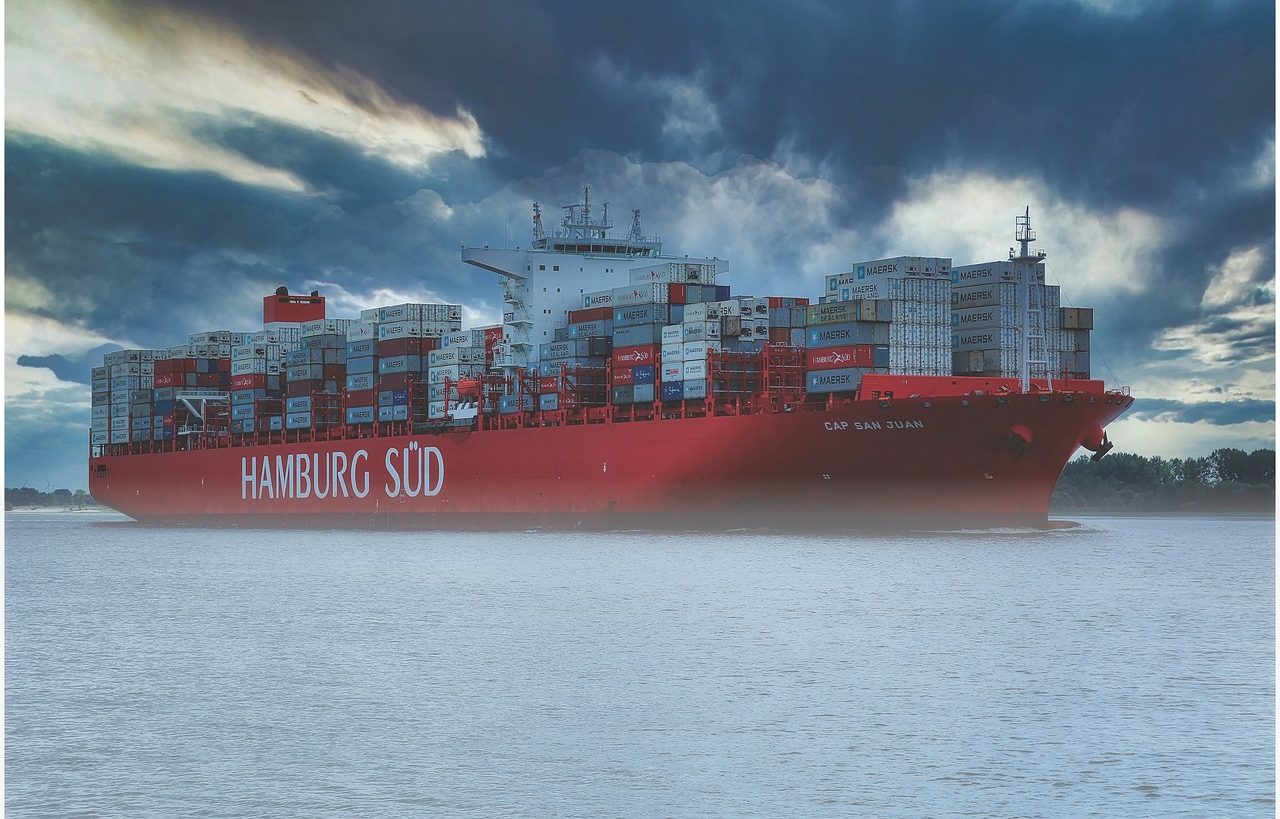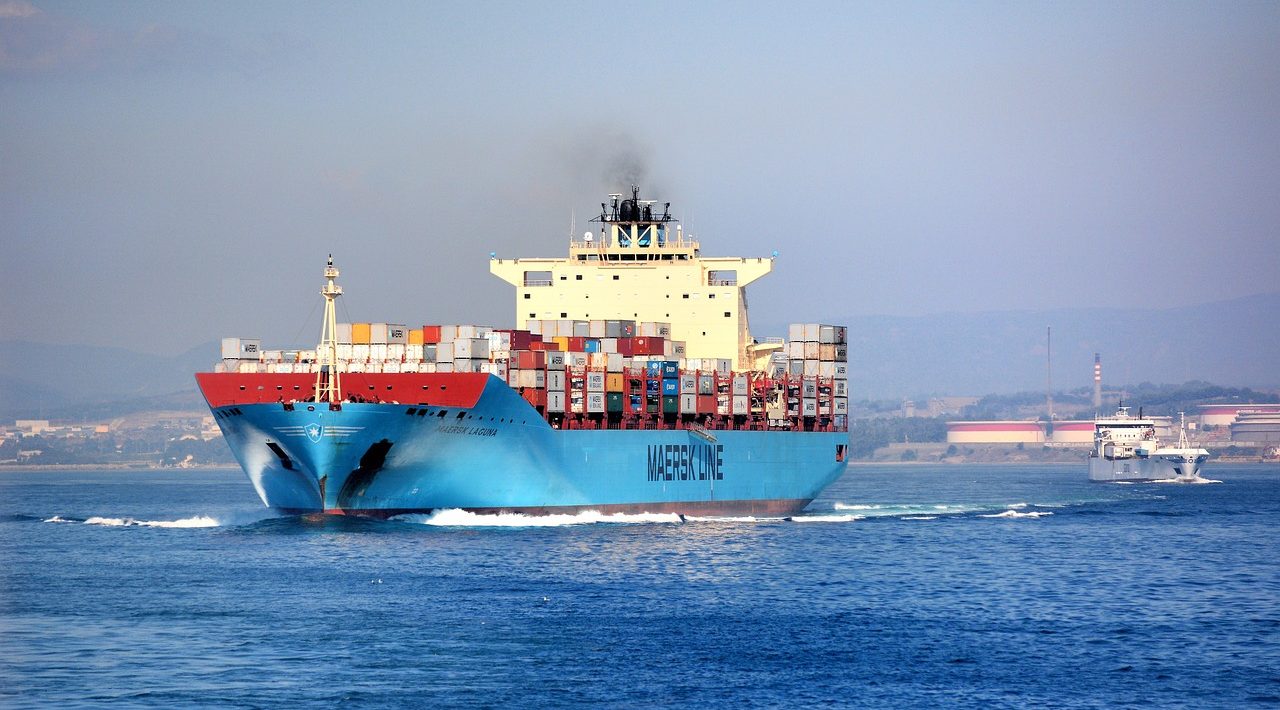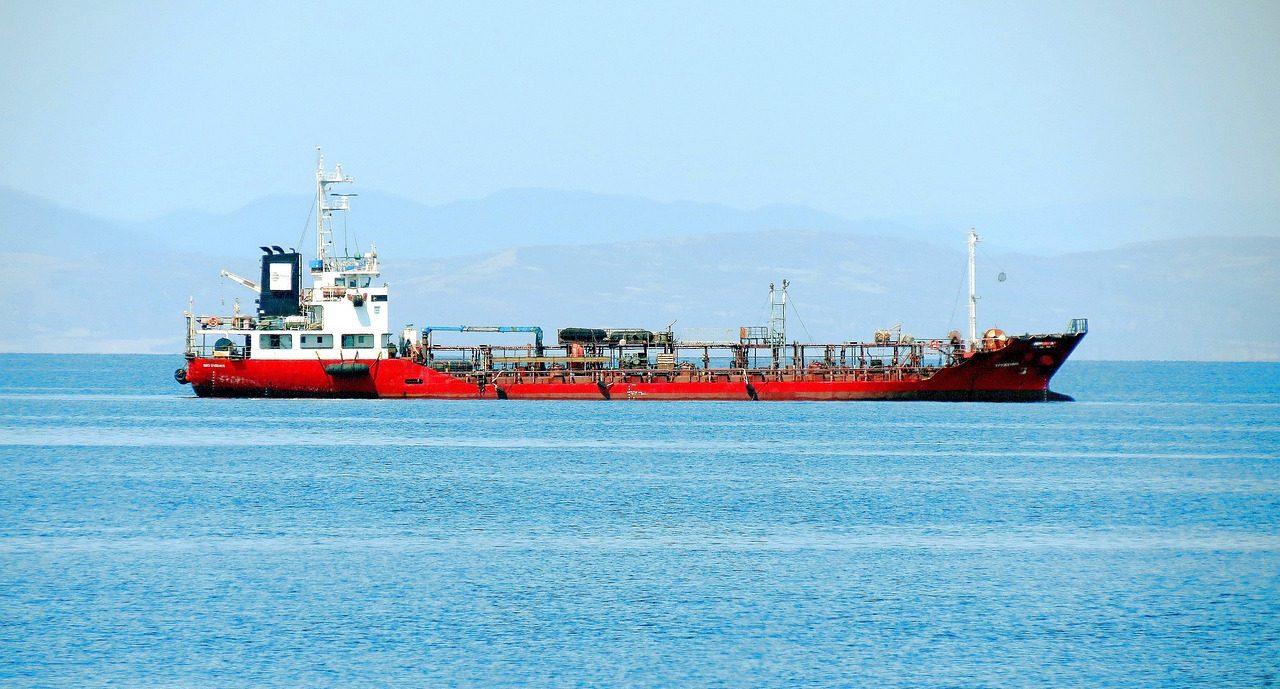
In maritime transport there are ships intended for bulk cargo, extreme security services for dangerous cargo and special vessels for perishable cargo, for example.
Maritime transport is the name that identifies a type of transfer of goods or people by water. It is the oldest of the modalities that human beings designed and implemented to carry out massive movements of elements.
To know in depth how ships are organized and managed within a national territory, we must look towards the so-called Merchant Navy . It is important that the State supports this sector with the objective of, for example, stimulating sustainable progress that leads to improved competitiveness and increased demand for the national flag merchant fleet for freight designed for international traffic and national cabotage .
There are continually advances and developments in relation to maritime transport , which is why it is enriching to constantly update the knowledge focused on this topic. It should not be overlooked, for example, that in the countdown to the end of the year 2024 , authorities from China and Peru have signed a pair of memorandum of understanding that commits them to promoting the deployment of a green navigation corridor now. cooperate on matters of maritime security , port infrastructure and transportation digitalization , among others. Within the framework of a maritime transport decarbonization plan aimed at the year 2030 , meanwhile, a workshop was held in the Chilean region of Magallanes designed to give impetus to an eventual green shipping corridor in the area.
Types of maritime transport
Maritime transport covers multiple types of ships, thus being able to adapt to different services or functions. A distinction is also made between regular line maritime transport (that which covers routes frequently and takes place between fixed ports) and a personalized style called maritime transport under charter (a modality that involves an agreement – contract – between those who need to do transfers of large volumes of merchandise and shipping companies that have appropriate vessels for these purposes).
Container ships , for example, are vessels intended for the simultaneous transport of many containers that are approved and loaded with all types of merchandise. Its operation is essential for the logistics chain on a global scale.
When transporting products that require refrigeration, however, the refrigerated ship is used, which is equipped with a cooling system and has thermal insulation. In recent times, however, containers have been adapted with the aim of making them suitable for transporting frozen or refrigerated pieces.
The general cargo ship (provided with a crane to carry out loading and unloading tasks in each port), the bulk carrier (reserved for the movement of dry bulk cargo), the tanker or cistern (designed for the storage and transportation of gases or bulk liquids) and the oil tanker (a type of tanker that is designed with the idea of transporting crude oil or petroleum products) are other alternatives. It is convenient to keep in mind that the cruise ship and the ferry are two types of passenger ships that take and bring people along different maritime routes .

There are, among other varieties, large cargo ships, refrigerated ships and container ships intended for the transport of goods by sea.
Characteristics
Maritime transport is characterized by its versatility and flexibility , two features that translate into different travel possibilities depending on each need. They are available from small ships to huge vessels that adapt to all types of cargo.
There are, in this sector, units of variable capacity designed to support a lot of weight, always contemplating generous spaces for considerable transfers. Another aspect to highlight is its extensive reach, given that it allows carrying a large number of products and/or passengers covering wide geographical distances.
It is also possible to combine maritime transport with other land transfer options, thus achieving security and, if the container is shared or filled completely, even economic savings are achieved compared to the costs of shipping or truck trips. , planes or trains.

The transfer of crude oil and/or products derived from petroleum is carried out in a type of tanker known as an oil tanker.
Advantages of maritime transport
Maritime transport has a large number of advantages.
Firstly, it is essential for international trade and to develop safe import/export dynamics through ports .
Thanks to it, enormous quantities of products can be sent and received and, with the modernization of services, maritime logistics traceability is guaranteed. Regarding this last point mentioned, it is interesting to note that the technology at the service of the maritime industry allows access in real time to data on the location or status of loaded containers.
The affordable rates (and more convenient when compared to air transportation prices, for example) and the efficiency of this method for sending and receiving merchandise are other benefits.
It is also common for maritime transport to be recognized as a sustainable proposal since investment is being made and working towards the decarbonization of maritime transport and the obtaining of green hydrogen for ships .
